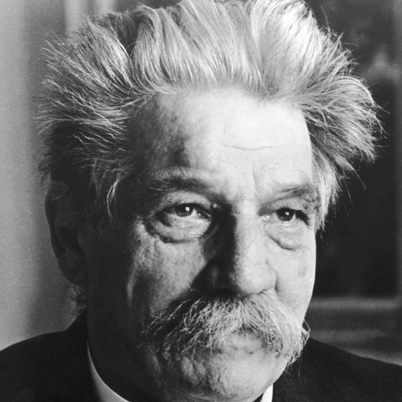 I had a frustrating conversation with a
customer service representative from my bank the other day. Not to pick on the
bank too much – this conversation could have been with any number of
businesses. You might recognize this routine. After being transferred from one
person to another, the customer service rep let me know that she really didn’t
know how to solve my simple request (I asked for a statement to be sent to my
office via the U.S. Mail) and that I would have to be put back on hold and wait
for someone else to take that request. When did we become so specialized in
what we do that we cannot step outside of our box and try to solve a problem
that may be beyond our current area of expertise?
I had a frustrating conversation with a
customer service representative from my bank the other day. Not to pick on the
bank too much – this conversation could have been with any number of
businesses. You might recognize this routine. After being transferred from one
person to another, the customer service rep let me know that she really didn’t
know how to solve my simple request (I asked for a statement to be sent to my
office via the U.S. Mail) and that I would have to be put back on hold and wait
for someone else to take that request. When did we become so specialized in
what we do that we cannot step outside of our box and try to solve a problem
that may be beyond our current area of expertise?
Albert
Schweitzer was a man from a bygone era who refused to be boxed in by the labels
people put upon him, including his educational and vocational choices. He held
three doctoral degrees in theology, philosophy and medicine. He had a great
love of the organ as a musical instrument and classical music. He wrote books
on such diverse topics as revised editions and commentaries on the works of
J.S. Bach, the quest for the historical Jesus, and pipe organ construction. He
wrote in three languages: French, German and English. He was a professor and a
pastor. He was a highly sought after lecturer and a gifted musician when, at
age 30 (yes, he had accomplished all of this before he was 30), he decided to
pursue medical school for the purpose of becoming a medical missionary in
Africa. In 1913, he and his wife started
a hospital in what is now Gabon in Central Africa. She worked as his nurse and anesthesiologist.
He was both surgeon and caretaker of the property. In the first nine months,
they treated 2,000 patients. He claimed that his words had been highly sought
in the early part of his career and it was now time for his service to do his
speaking for him. It only made him more of a world figure. He was an outspoken
critic of discrimination and world poverty. In 1952, he was awarded a Noble
Peace Prize for his humanitarian work.
What
does the life of Albert Schweitzer have to do with customer service? First of
all, there seems to be a lack of understanding of the word "service” in our
work world today. It does no good for a business to claim to have stellar
customer service and then insist that people find all of their answers on a web
site, as so many customer service call centers do on their recorded call
waiting audio. Despite the use of technology, there is a large segment of our
world that prefers to talk to a human being who can help solve their problems.
If you want to outshine your competition, start with people helping customers.
You simply cannot replace a human touch.
Taken
a step further, your customer service representatives have to be empowered to
really fix the problem outside of their cubicle. For years, the Nordstrom Way*
has been the hallmark of customer service. Simply put, this high-end clothing
retailer empowered their employees to make sure customer service was at the
heart of all they did. Employees were told to think creatively in order to
serve the customer. Each Nordstrom employee was given a card when they joined
the company that had the following information:
Welcome to Nordstrom
We're glad to have
you with our Company. Our number one goal is to provide outstanding customer
service. Set both your personal and professional goals high. We have great
confidence in your ability to achieve them.
Nordstrom Rules:
Rule #1: Use best judgment in all situations. There will be no additional
rules.
Please feel free to
ask your department manager, store manager, or division general manager any
question at any time.
What Nordstrom and Albert Schweitzer both
realized is that talk about service is not really service. Doing something to
solve a problem is service. It is the act, not the talk, that changes people’s
perception of you.
This is where we get into marketing. Most
companies that I work with fail to realize the marketing behind customer service.
Customer service is so integral to marketing that without it, you are bound to
fail. In marketing, we tell the customer what we will do for them. In sales, we
agree on the price the customer will pay for what we said we will do for them.
Customer service makes sure the customer is satisfied with what we said and has
been treated fairly based on the price they paid. It backs up all the talk.
If you want to make an impact on your market,
make sure you are truly putting service into your customer service efforts.
___________________________
The
Nobel Peace Prize 1952, Albert Schweitzer,
Nobelprize.org
*The
Nordstrom Way is a bestselling book
by Robert Spector that is recommended reading for anyone interested in
improving their customer service.